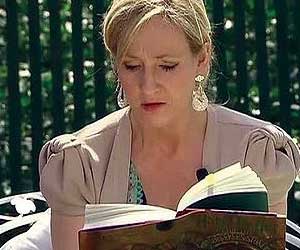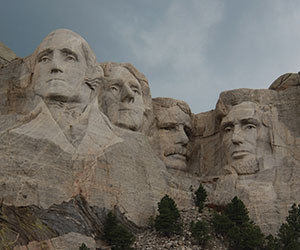Team of Rivals: The Political Genius of Abraham Lincoln
Select Format
Select Condition 
Book Overview
Winner of the Lincoln Prize Acclaimed historian Doris Kearns Goodwin illuminates Lincoln's political genius in this highly original work, as the one-term congressman and prairie lawyer rises from... This description may be from another edition of this product.
Customer Reviews
Bait and switch?
Most inspirational book
Can't wait to read the book
Master politician and "very near being a perfect man"
AMERICA'S FINEST
The Lincoln Cabinet: A Character Study
Team of Rivals: The Political Genius of Abraham Lincoln Mentions in Our Blog

No matter how full our TBR shelves get, we're always finding new books we want to squeeze in! Here are 23 exciting April releases available for preorder, along with suggestions for similar reads you can enjoy right away.

Hello Boils and Ghouls! The Thrift Keeper here (named for my devilish ability to find the Best Bargains among Blood-Curdling titles!), and now that the most horrifying of all possible holidays is over (Valentine's Day—YUCK!), I'd like to help re-darken your horizons by talking about Romance Gone Wrong!


Getting inspiration and learning more about times past.







